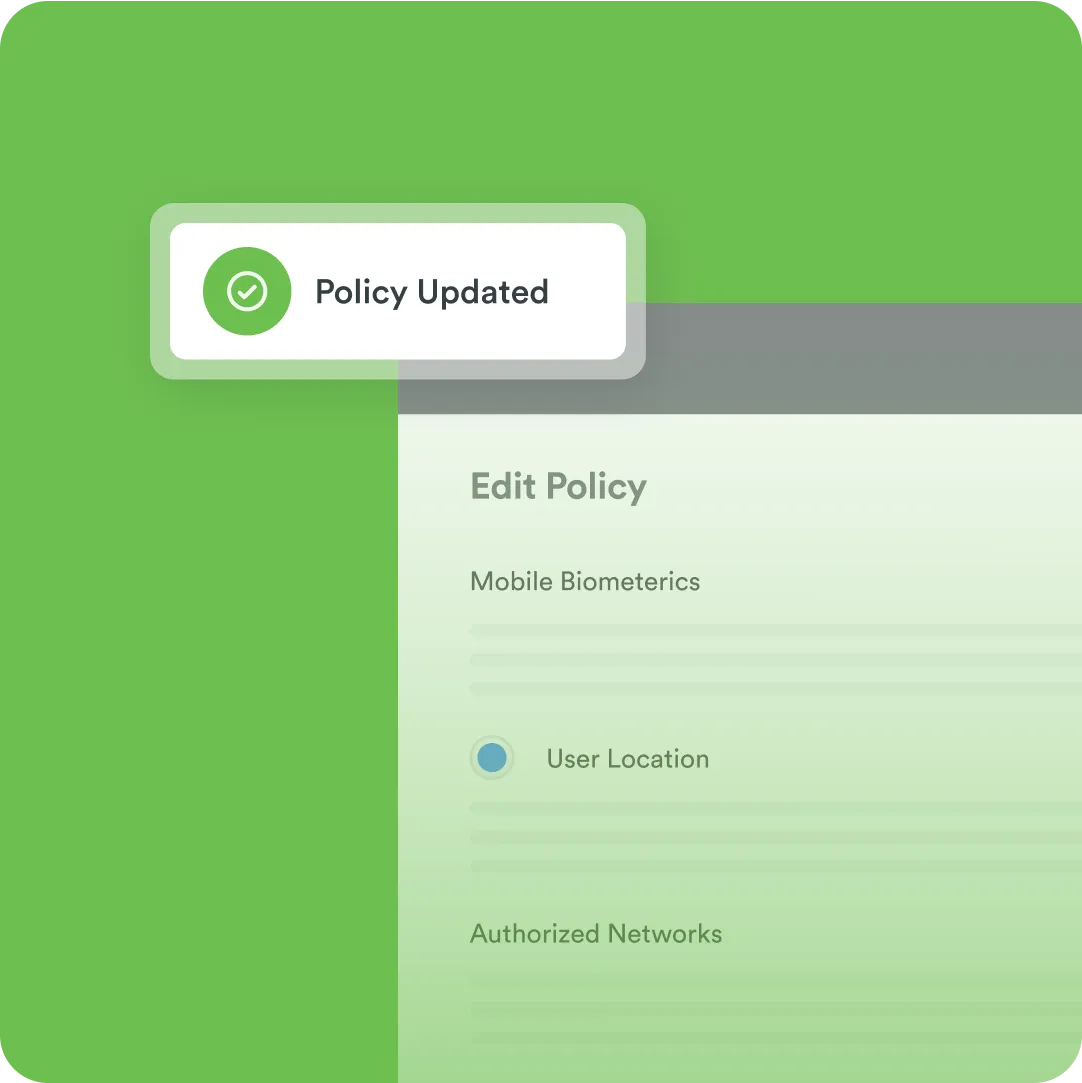
Dive Deeper into Duo's resources for government
Resources
Learn more about protecting government infrastructure with Duo
CASE STUDY
Virginia Department of Transportation: Learn how deploying Duo helped VDOT secure remote access to Cisco AnyConnect VPN
CASE STUDY
City & County of Denver: Deploying Duo to 18,000 users in under three months
EBOOK
Achieving Zero-Trust Security in Federal Agencies: Exploring the methods that can be coordinated to help achieve Zero Trust.

